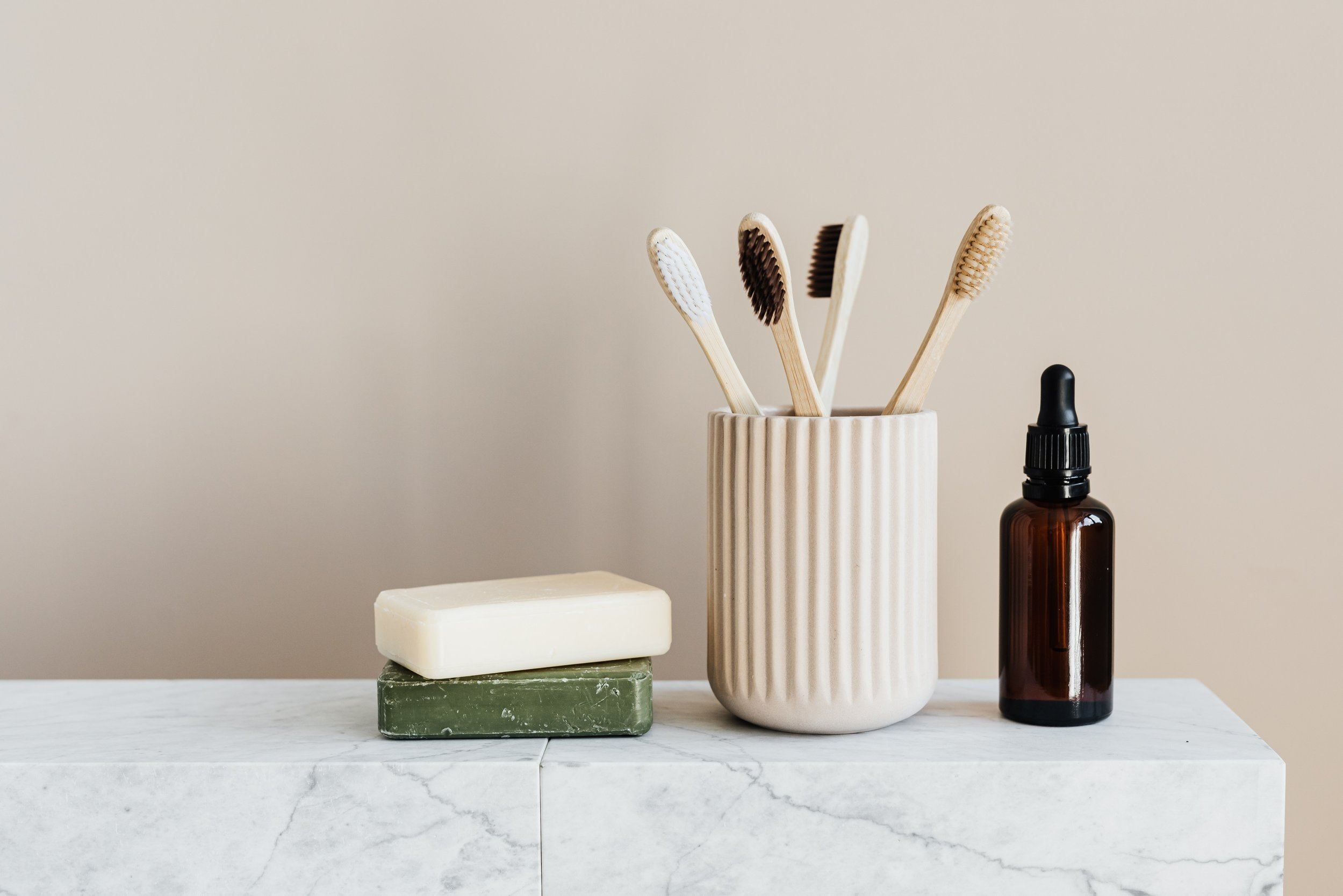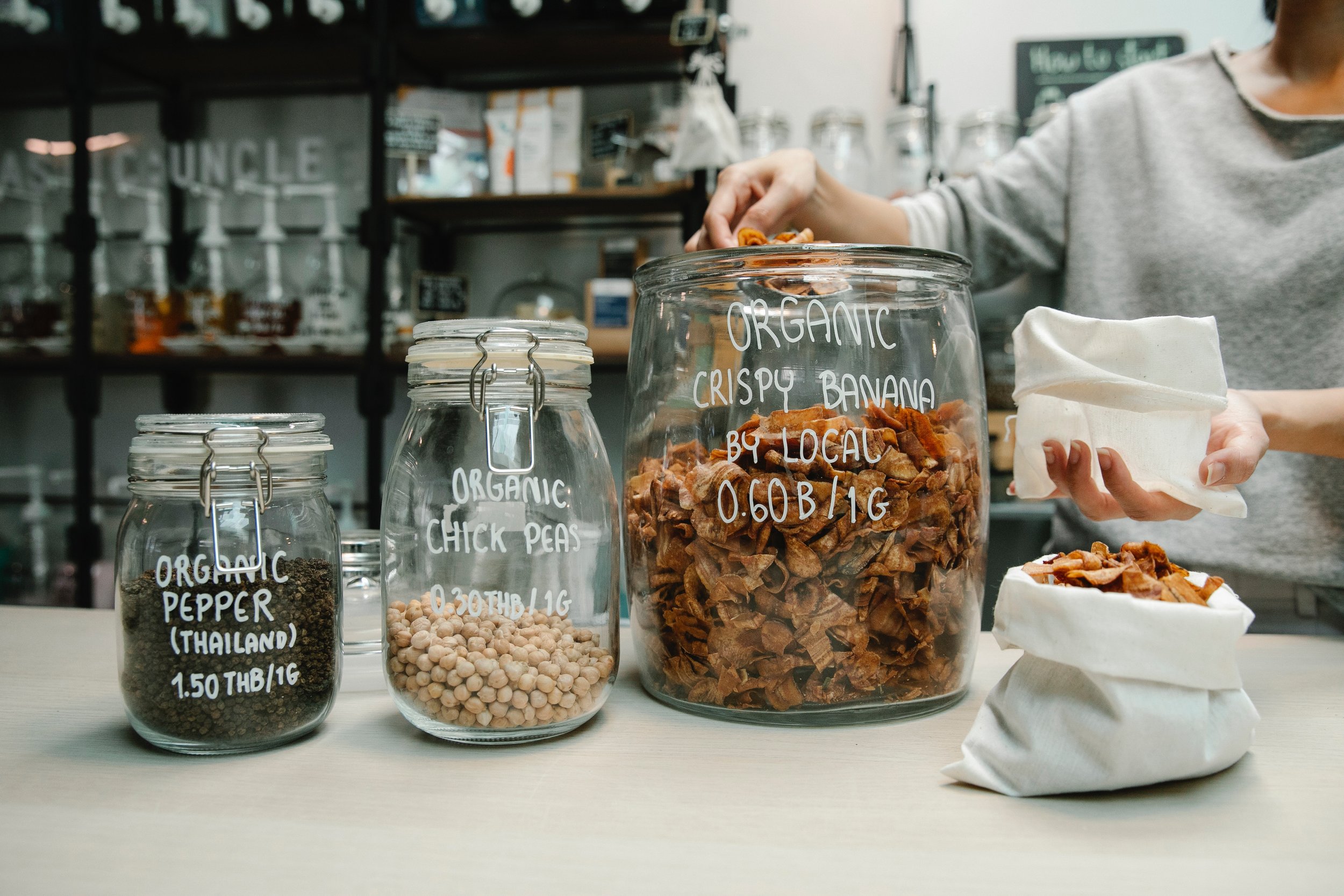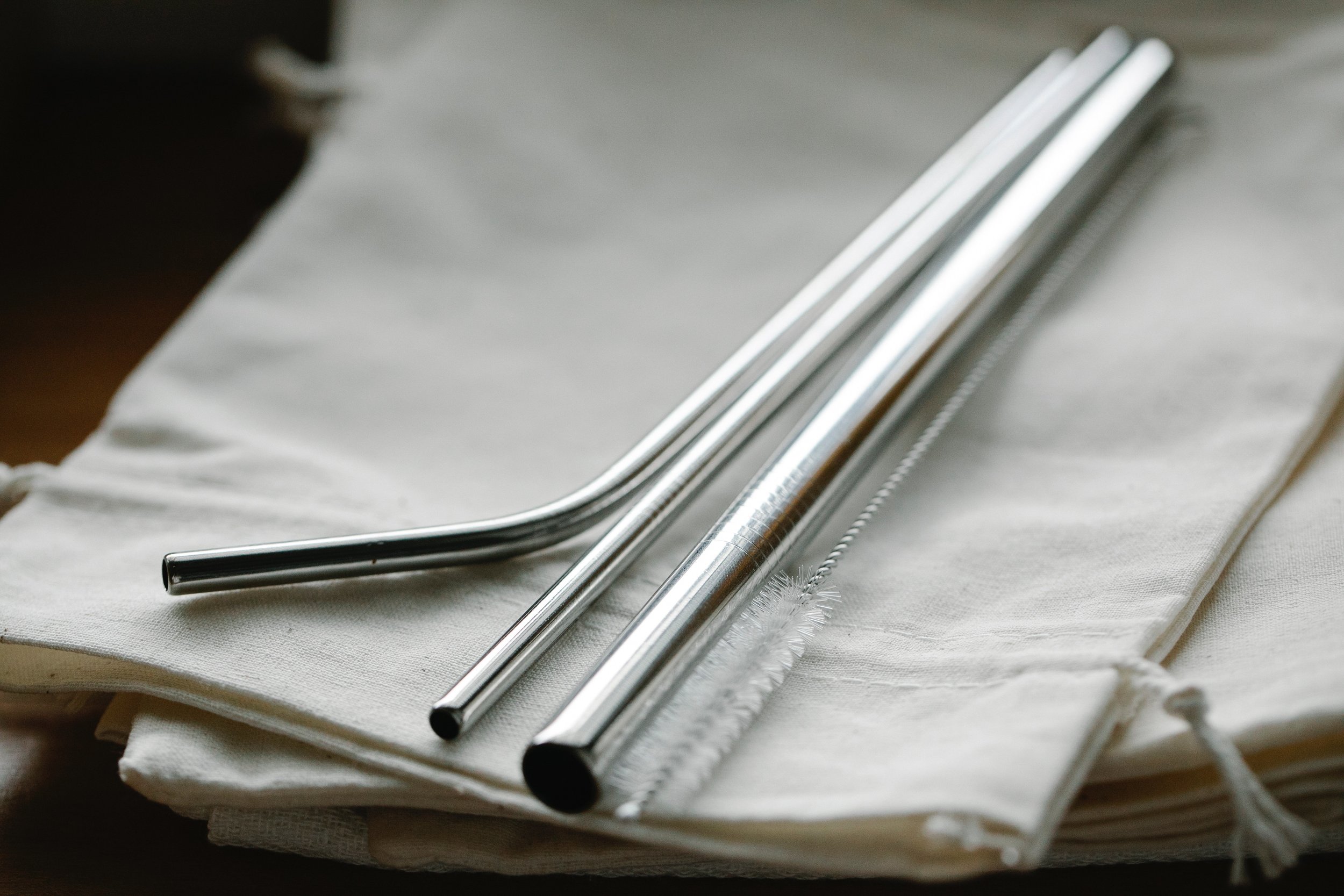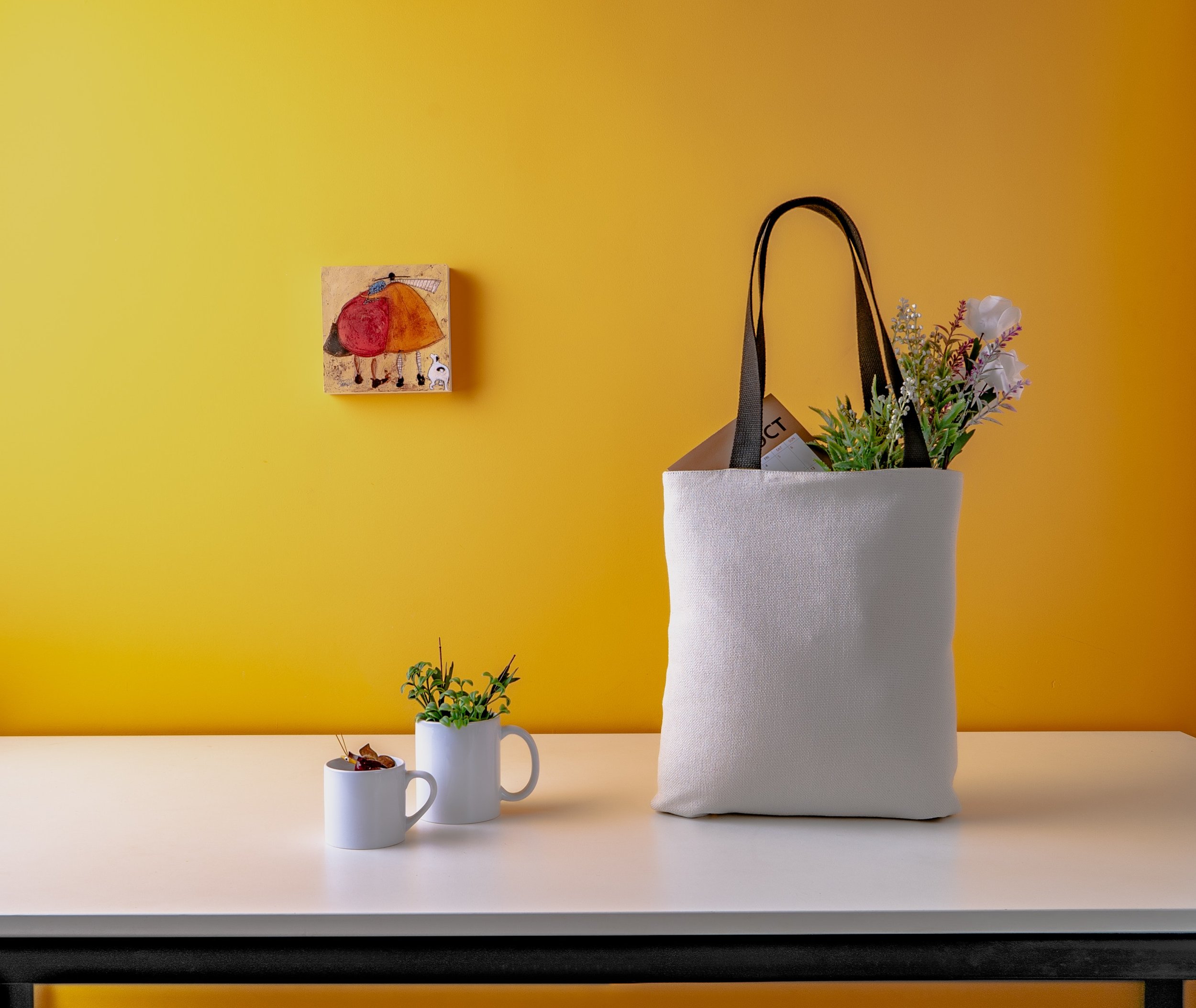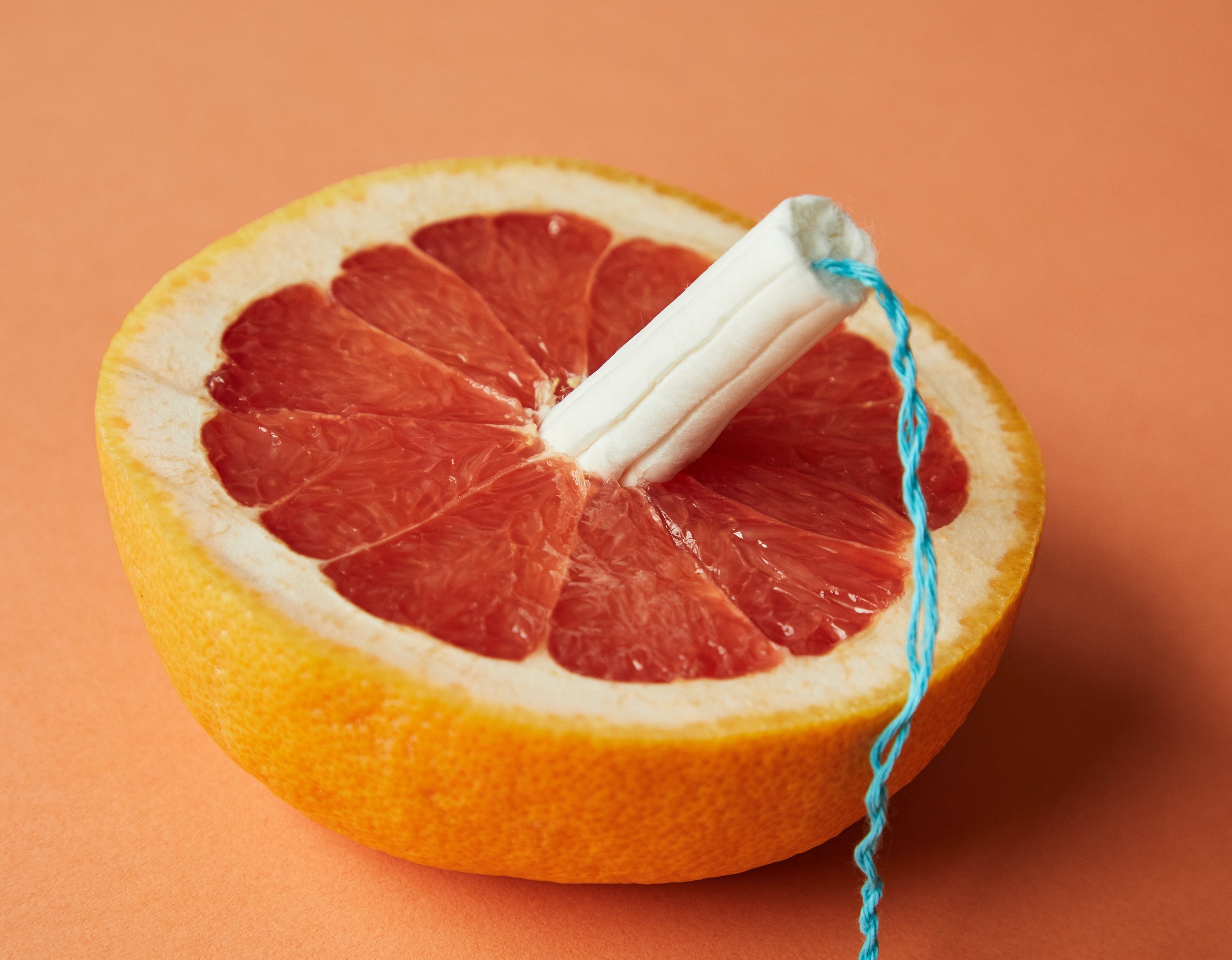5 Ways You Can Use Less Plastic
Courtesy of Autumn McNeill.
Black folks are disproportionately impacted by plastic pollution. Although we may not be able to avoid plastic pollution, there are simple steps we can take to reduce our plastic intake.
By Anissa Durham
This story is part of “Earth Day Every Day,” Word In Black’s series exploring the environmental issues facing Black Americans and the solutions we’re creating in the fight for climate justice.
You probably don’t notice, but every time you inhale, you are breathing in plastic.
The production of plastic has exponentially increased in the last two decades. So much so that, globally, 400 million tons of plastic waste are produced every year. Because plastic does not decompose, all plastic that has ever been made is still present in the environment today.
For example, polyester is a plastic fiber used to make beverage bottles, like water bottles. When a water bottle breaks down into smaller pieces, it then becomes a microplastic — which can be found in dust particles.
Scientists have found that, on average, we ingest about 11 microplastic particles per hour. These particles, when inhaled in large quantities, have been shown to cause damage to the lungs, and lead to cancer and asthma attacks.
But, why does this matter?
Black folks are disproportionately impacted by plastic pollution. Although we may not be able to avoid plastic pollution, there are simple steps we can take to reduce our plastic intake.
Word In Black spoke to two Black women who are educating communities of color on what we can do to protect our health. Here are five things you need to know and ways you can reduce your plastic use:
Understand That Zero Waste Is a “Myth”
Communities have defined the idea of zero waste differently. But, typically, it’s a goal to keep waste out of landfills, produce materials that can be reused or recycled, and rid of trash entirely.
Arielle V. King, 25, an environmental justice educator and advocate based in Washington, D.C., says, “Frankly, I think zero waste is a myth.” Technically, it’s impossible to completely get rid of waste because, as humans, we omit waste from our bodies.
“When we talk about living a zero waste lifestyle, I think it perpetuates this feeling of insufficiency,” she says. “When the zero waste movement became popular in the 2010s, it was almost like a contest to see who could be a better environmentalist.”
Courtesy of Arielle V. King.
King prefers to encourage folks to practice a low-waste lifestyle, like applying the three R’s most of us were taught in school: Reduce. Reuse. Recycle. But, instead of continuing to put all of the responsibility on individual consumers, King says the burden should be placed on companies who are producing plastic.
Businesses throughout the country are working to practice a reduce, reuse, and recycle model. Stores with refill stations offer products like shampoo, conditioner, soap, and cleaning items to be refilled using glass containers or other reusable household containers.
Our interactive map identifies more than 200 stores in the country that sell biodegradable products, refill options, and low-waste items. Pinch the map with two fingers or zoom in on a desktop to see which refill stores are near you.
Sustainable Practices Are Inherently Cultural
It’s not your fault plastic is so easy to use — it’s been marketed that way. But it’s worth noting that sustainable practices are inherent in the Black community. Most Black folks are already known to reuse plastic bags and jars for other uses. When asked if these practices are sustainable, King says they can be.
“I think that the whole sustainable system or intention behind sustainability and what it looks like today needs to be reimagined to feel more inclusive,” she says. “Overall, there needs to be an overhaul in the ways that we are thinking about and talking about sustainability.”
Black folks already have sustainable habits, like passing down clothes to younger generations and caring for our clothing to ensure its longevity. Oxtail, collard greens, chitlins, and other soul food dishes come from the remnants of what was given to our enslaved ancestors.
“That era of making something out of nothing and making it great and making it last a long time is a foundational value of sustainability but also Black culture,” King says.
“No Soil to Get to In a City”
The hustle and bustle of a city can make it harder to think about sustainability. On top of that, for middle-class and low-income folks, sustainable practices aren’t usually thought of as affordable. The constant need to keep up with rent and have food on the table can push aside the awareness of our environmental impact.
Autumn McNeill, 25, is an environmental planner in Atlanta, Georgia. Her work looks at the intersections of environmental justice, racism, and public health. Part of the struggle of living in a city, like New York, is you don’t see as much greenery, so you don’t really think of it as an environment. She says, “You think of it as the big concrete jungle that we know it as.”
Courtesy of Autumn McNeill.
“We don’t treat our cities with the same environmental care that you would see in a rural area, because they live off the land — because they see it as a means to their survival,” McNeill says. “Whereas, in a city, we don’t really have that same connection to the urban environment. We make environmentalism out of our reach because we don’t see it, and then it becomes something more for the privileged in cities because they can afford to go travel to it.”
And that contributes to the tug and pull of Black folks’ access to sustainable resources in cities. Due to that lost connection, there is no soil to get back to in a city, McNeill says. Beyond that, centering Black folks in the sustainability movement is important to shift the narrative that it’s for white people only.
Reusable Items
Slow But Rewarding Journey
Reducing plastic doesn’t have to be some grandiose task only the white and privileged can do. Affordable and practical ways to reduce our plastic consumption are helpful to the environment — and to the health of the Black community. Making a smoothie or coffee at home is an extra tip McNeill gives to help folks reduce their plastic waste.
We are also always evolving. You may not be able to afford an expensive reusable item, and that’s OK. McNeill reassures folks that reducing plastic and working towards low waste won’t happen overnight.
“In this journey of slowness, I’m learning what works for me and what doesn’t,” she says. “This is going to be a slow journey for you, but it’s going to be rewarding.”




